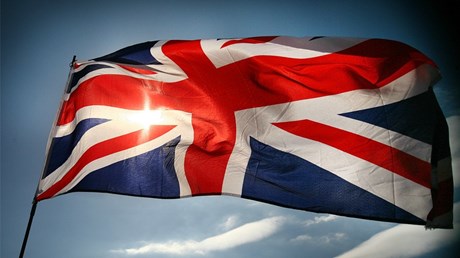Despite scrutiny of the recent election, Tim Farron, and the DUP, UK believers won’t push party politics.

Little more than a week has passed since yet another election has turned British politics on its head. One of the most prominent themes: the role of evangelicals in politics.
With her loss of 13 seats, Prime Minister and Conservative Party leader Theresa May was sent scrambling to form a coalition government in what is now a hung Parliament. The Democratic Unionist Party (DUP) is in negotiations to be the likely partner.
Founded by pastor Ian Paisley as the political arm of the Protestant factions during The Troubles in Northern Ireland, the DUP gained notoriety for its fiery social conservatism. Even as social policy across Britain liberalized, the DUP held the line to protect abortion restrictions and to ban the expansion of same-sex marriage in Northern Ireland.
These policies drew public attention in the aftermath of this year’s general election as some speculated what price May would pay to form a majority and hold her place as prime minister. A current YouGov poll finds 48 percent of Britons disapprove of this would-be coalition.
Amid this frothy speculation, Tim Farron, an avowed evangelical and leader of the Liberal Democrats, resigned. In his speech, he described the tension between his public service and his sincerely held religious beliefs. This contrast was presented in stark relief by a recent radio interview in which Farron refused to answer questions about whether or not he believes homosexuality is a sin. Despite reciting his party’s stance on LGBT rights, Farron was repeatedly pushed to publicly confess his own personal religious beliefs.
At the center of both events lies the media’s fascination with evangelicals.
Whether a result of religious illiteracy or a desire for salacious copy, there …
Continue reading…
